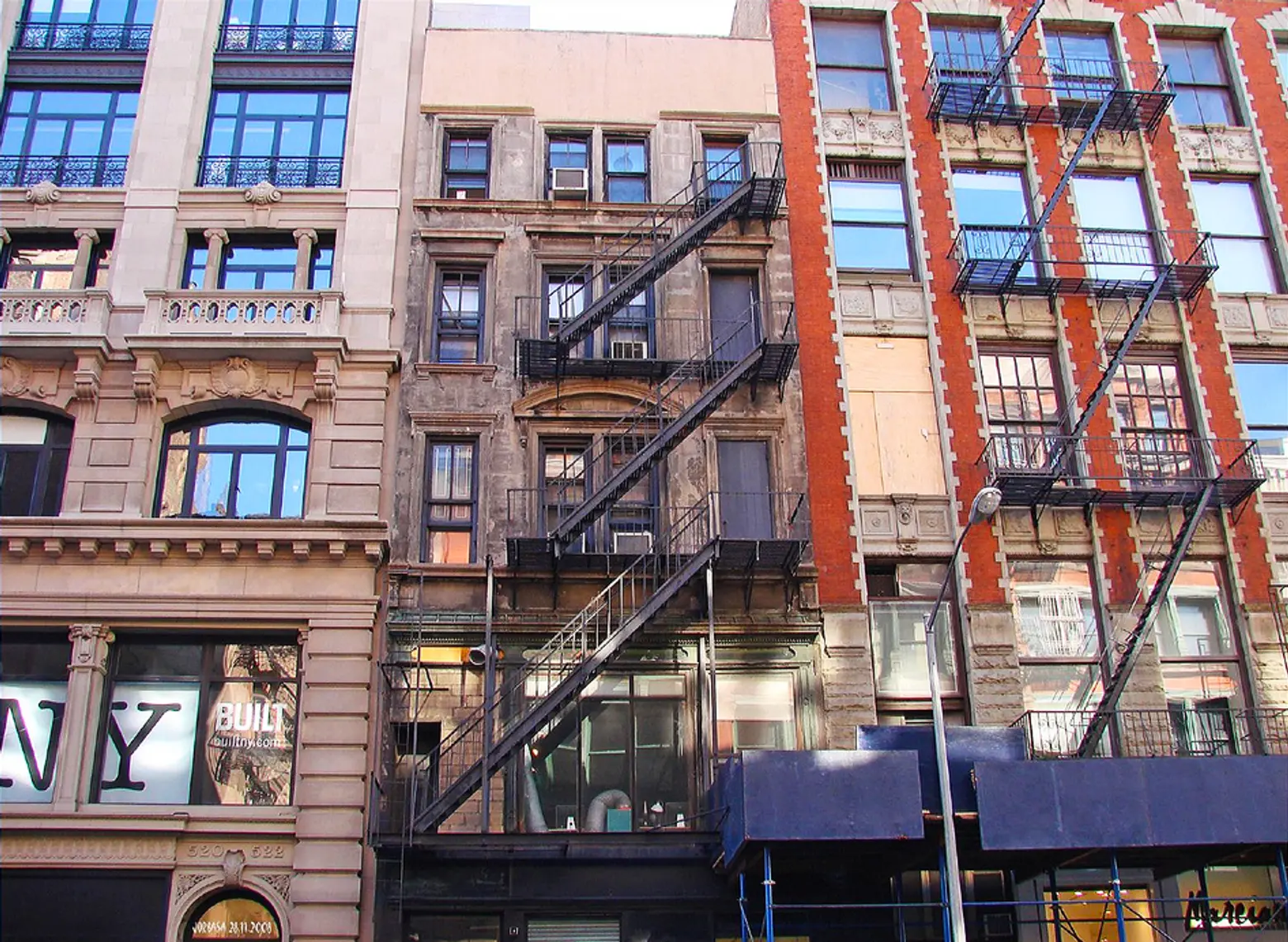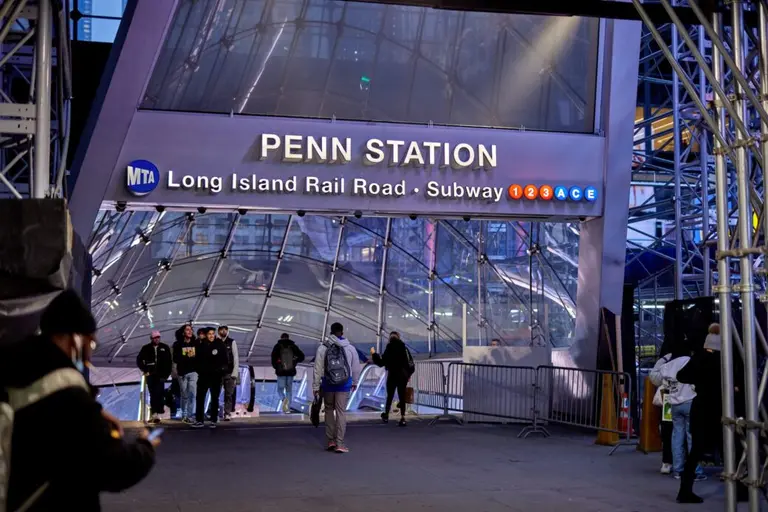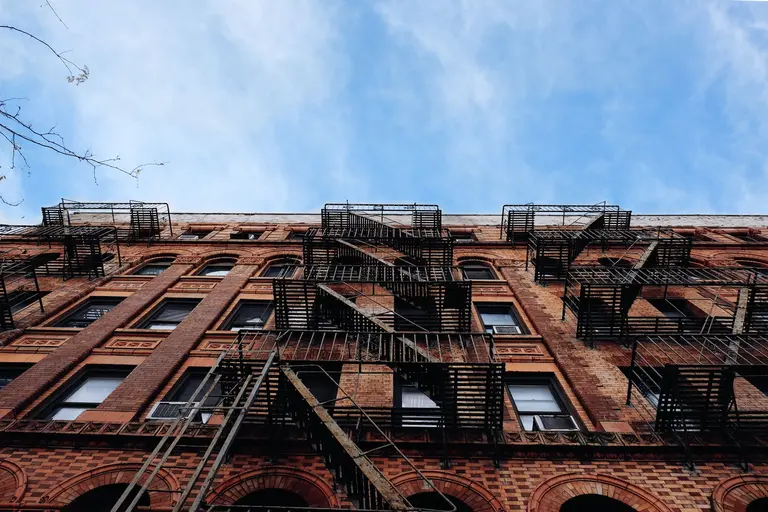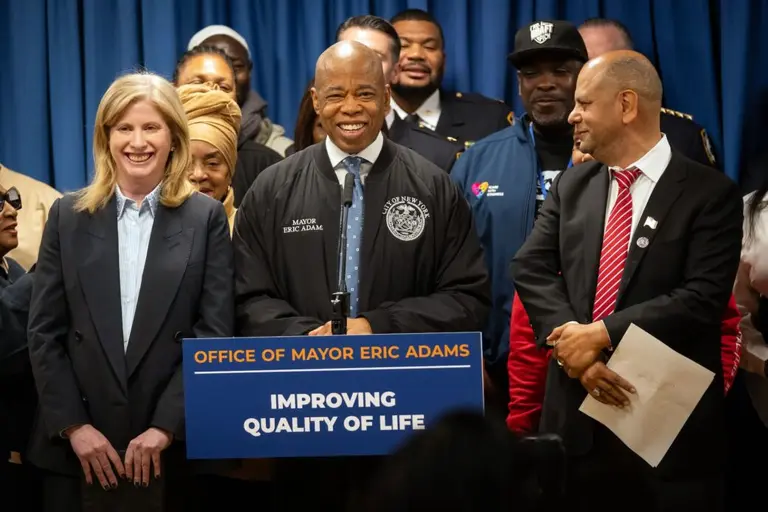Rent Guidelines Board approves modest increases for rent-stabilized apartments

Image by Jorbasa Fotografie / Flickr
In front of a packed auditorium at Cooper Union’s Great Hall last night, the Rent Guidelines Board voted on rent hikes for the city’s one million rent-stabilized apartments, the New York Times reports. The board voted 5-4 and approved a 1.5% increase on one-year leases and 2.5% on two-year leases. The new rents will kick in on October 1.
As the Times notes, the increases under Mayor Bill de Blasio have been relatively low, compared to an average increase of 3.25 percent on one-year leases under the Bloomberg administration. In 2015 and 2016 the board approved rent freezes on one-year leases for the first time in its history. This year’s increases are the same as those approved last year.
Board members—two tenant representatives, two landlord representatives, and five members of the public with relevant experience in either housing or economics—are chosen by the mayor. They hold a series of public hearings—this year they heard from two dozen landlords and 219 tenants—and consider reports about the housing stock, current rents, and operating costs before holding a final vote on the maximum rent increases.
This year’s vote took place two weeks after state lawmakers in Albany passed a sweeping bill to the state’s rent laws, establishing stronger rent regulations and tenant protections. Yesterday’s vote was one of the few opportunities left for landlords to raise rents, and they were predictably displeased with the final outcome. Landlords argued for higher increases to cover rising operation costs, which city reports show have increased by 5.5 percent between March 2018 to March 2019.
“The R.G.B., de Blasio and the State Legislature believe they are solving the housing affordability crisis by placing a stranglehold on rental property owners, but all they are doing is hurting the very people—tenants—they are trying to protect,” said Joseph Strasburg, president of the Rent Stabilization Association. “Continued inadequate guidelines and the latest reforms to the state rent laws will undoubtedly lead to the deterioration of the city’s already-aging housing stock.”
[Via New York Times]
RELATED:
- New York reaches major deal to strengthen rent and tenant protections
- Real Estate groups plan to file lawsuit if rent reform law passes
- Since 1993, NYC has lost 152,000 regulated units after landlords increased rent, report says


























